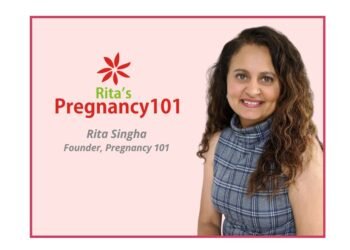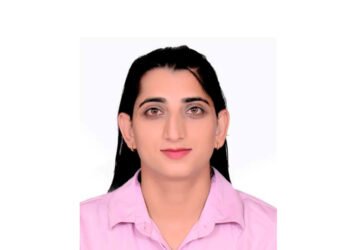As women get older their fertility declines. This is because the number of eggs and quality of eggs come down with age. Women are born with a fixed number of eggs, i.e. approximately 1-2 million eggs. With time these eggs get depleted. By the time a girl reaches puberty she is left with just about 300 – 4,00,000 of these eggs. As she gets older, especially after the age of 30 years, she tends to lose these eggs faster. Also, it is observed that some women tend to lose their eggs faster than other women, thereby decreasing their chance of conceiving naturally.
Even though it is easier to get pregnant before the age of 30, due to social, professional or health reasons, women may want to defer having a child until the time is right for them. These women can preserve their fertility by freezing the eggs and using them in future.
The treatment process is similar to IVF. It involves taking daily injections for 10 – 12 days, to make the egg grow. The growth of the egg will be monitored by ultrasound and blood tests. Once the eggs are ready, they are collected transvaginally, under ultrasound guidance, after giving anesthesia. This usually takes 30-40 minutes and is done as a daycare procedure. These collected eggs are then studied by a trained embryologist, and frozen for later use.
It is important to understand that egg freezing does not guarantee a woman of a baby in the future, and a woman should start trying as soon as she is ready to conceive.
Women who would like to consider the option of egg freezing should consult a fertility specialist for a detailed assessment. The fertility specialist will evaluate their eligibility for egg freezing, by doing a blood test and ultrasound, and based on the reports will be able to guides them further. The ideal age of egg freezing would be for women who are less than 35 years of age.
Dr. Sunitha Ilinani
(Sr. Consultant infertility and ART Specialist),
Apollo Fertility, Banjara Hills – Hyderabad.










